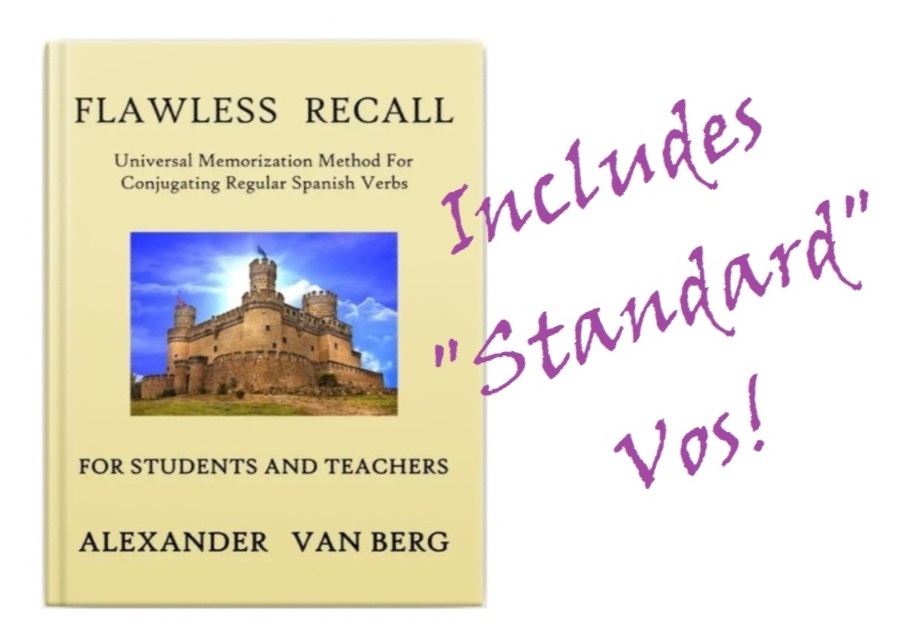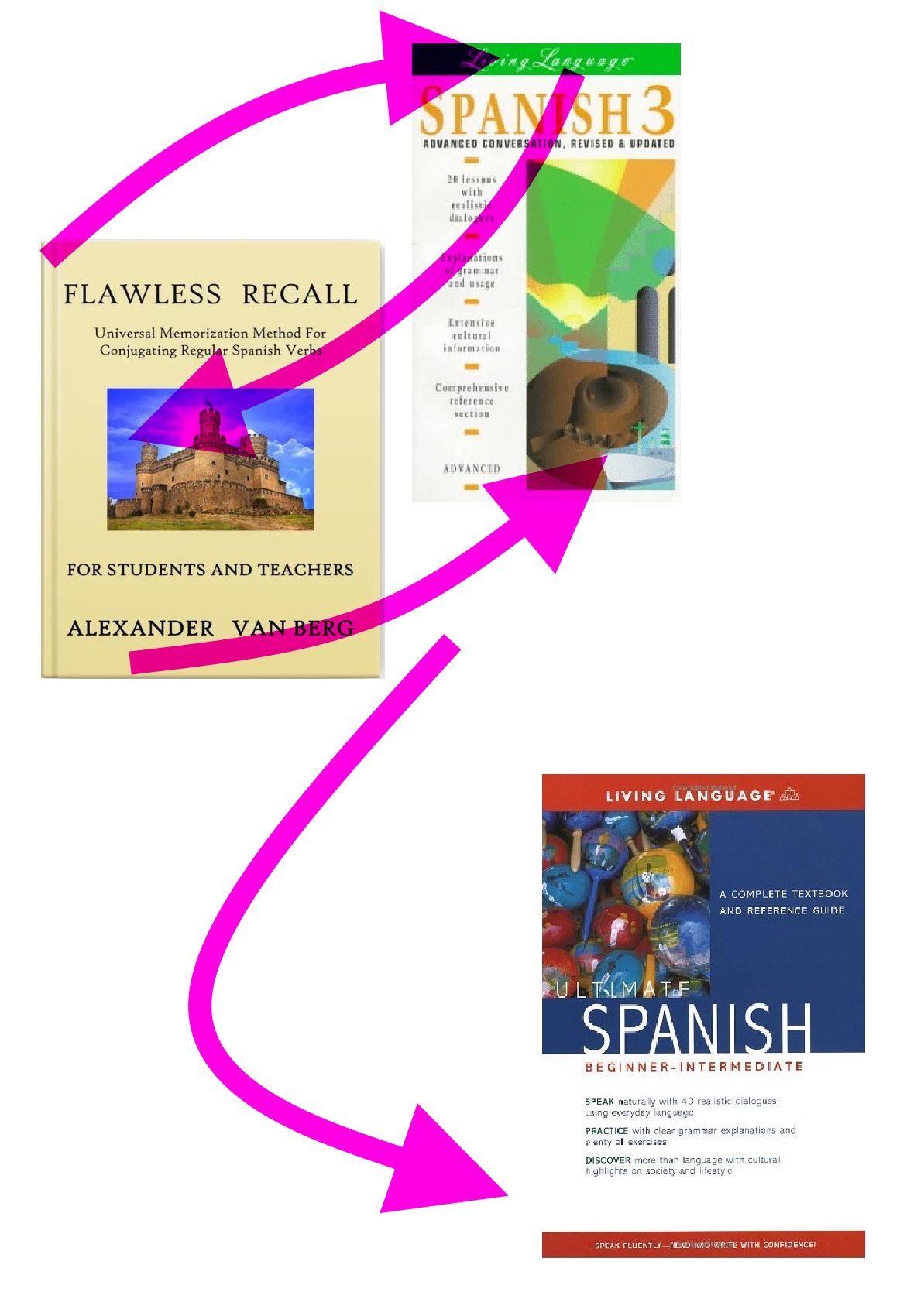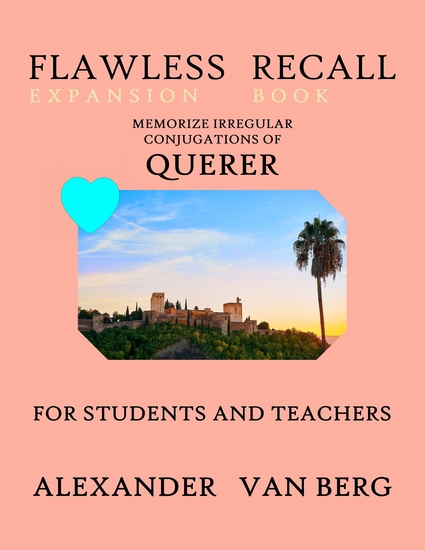If You Had To Learn Spanish From Scratch…
I will diverge from standard academic thought, and say that if one is learning Spanish from scratch, or essentially from scratch, then they might as well learn “standard” conjugations for the vos person (not to be confused with vosotros) – which are only used regionally (most notably in parts of South America).
I would say the cutoff point is when one finally commits to memorizing conjugations for regular Spanish verbs. At this point, one can easily include conjugations for vos, along with everything else. These vos conjugations often replace tú conjugations in regional Spanish.
The reasons academia has not done this include the following:
• the demand for vos is less
• it increases learning complexity
• vos is used very differently across the regions that do use it
I decided that thinking is wrong based on the following observations:
• a significant amount of print and film media is produced in countries that use “standard” vos – in Rioplatense-Spanish-speaking countries in particular (notably Argentina, Uruguay, Paraguay, and Bolivia)
• the increase in learning complexity is actually a function of the learning method; a bad method (rote memorization) means incremental additions to the teaching material are (unsurprisingly) difficult, but a good learning method means incremental additions have a negligible cost
• the problem of regional differences is sidestepped if you simply teach the “standard” version of vos; furthermore, this standard version is a reasonable foundation should you want (or be forced) to try your hand at the other regional vos dialects (e.g. Chilean Spanish)








